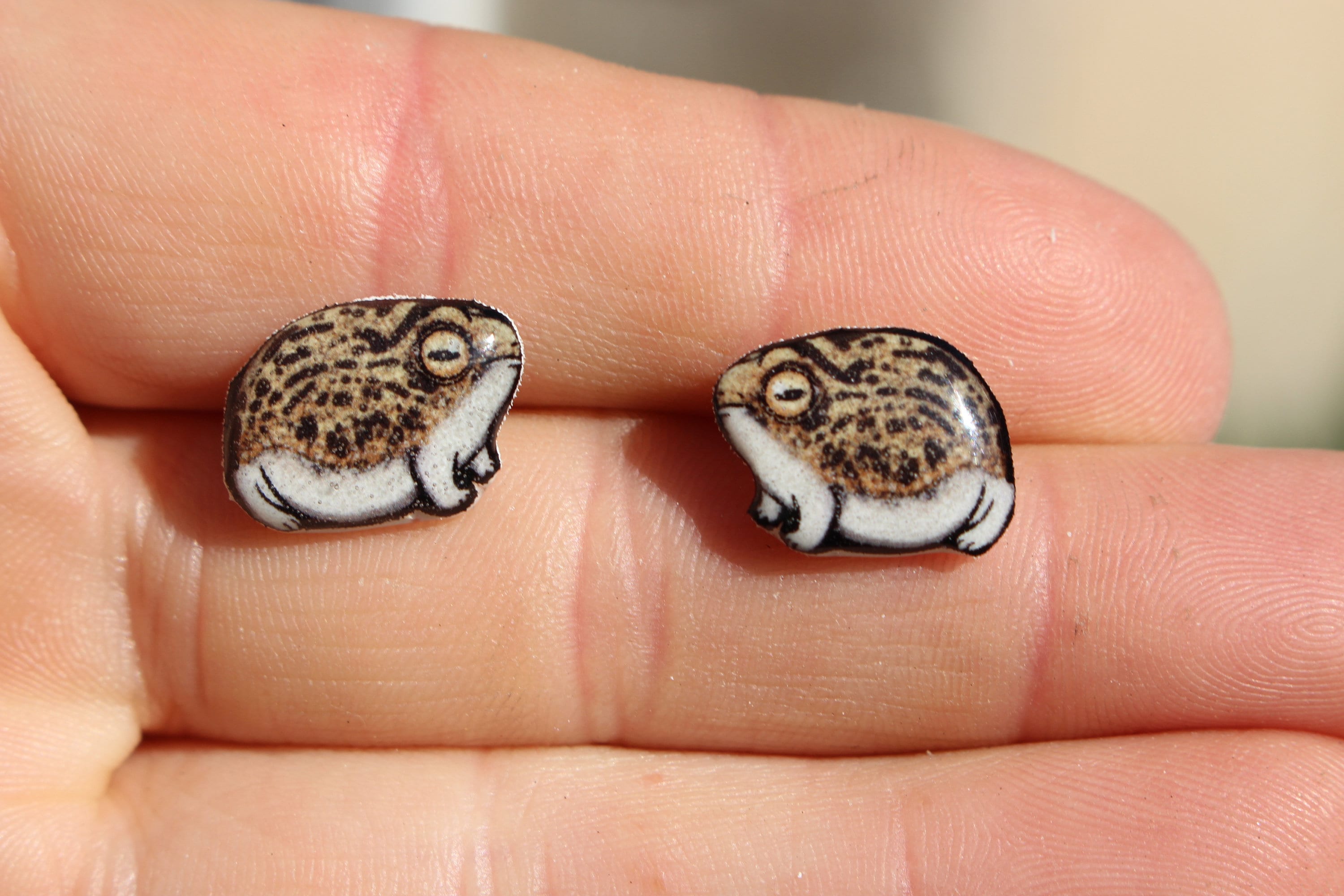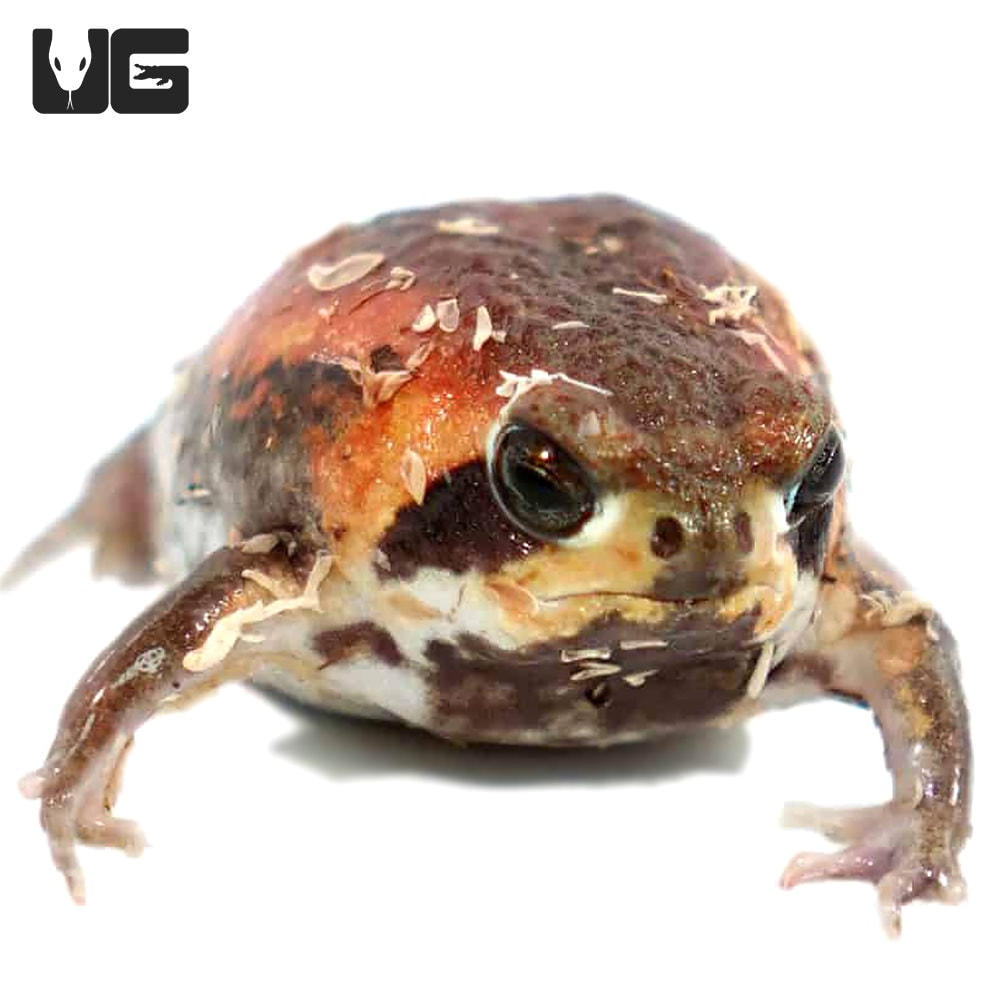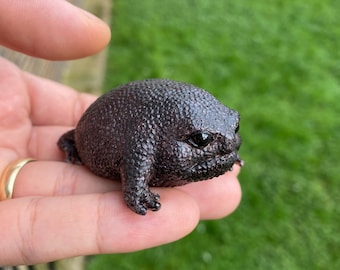Discover Rare Rain Frog for Sale: Raise Your Amphibian Collection Today!
Discover Rare Rain Frog for Sale: Raise Your Amphibian Collection Today!
Blog Article
Common Health Issues in Reptiles: Signs And Symptoms and Solutions
In the intricate world of reptile treatment, understanding the common health and wellness concerns that might impact these one-of-a-kind animals is critical in ensuring their health. Whether it's grappling with parasitical invasions, navigating dehydration concerns, or dealing with skin disorders that show up in refined methods, being attuned to the signs and symptoms and furnished with the understanding of reliable solutions is necessary for any kind of reptile proprietor.
Breathing Infections
Breathing infections in reptiles can significantly impact their total health and need prompt attention from seasoned veterinarians. These infections are frequently triggered by fungis, germs, or viruses and can manifest via signs such as hissing, nasal discharge, open-mouth breathing, and sleepiness. In reptiles, respiratory infections can be especially testing to diagnose and treat because of their one-of-a-kind anatomy and physiology. Veterinarians typically count on a mix of physical exams, diagnostic imaging, and lab tests to accurately determine the underlying root cause of the infection.
Therapy for respiratory system infections in reptiles usually entails a mix of supportive treatment, such as maintaining correct humidity levels and temperature level slopes in the room, as well as targeted medicine to address the particular virus in charge of the infection. It is vital for reptile proprietors to check their animals closely for any type of signs of respiratory distress and seek veterinary care at the earliest indication of a problem. With timely intervention and proper therapy, several reptiles can recoup fully from breathing infections and return to normal activities.

Metabolic Bone Condition
What aspects add to the development of Metabolic Bone Condition in reptiles?
Metabolic Bone Disease (MBD) in reptiles is primarily triggered by a lack of proper calcium, phosphorus, and vitamin D3 degrees in their diet plan. When reptiles do not receive ample calcium, either with their food or correct UVB exposure for vitamin D3 synthesis, they go to a high threat of creating MBD. Reptiles with diet regimens low in calcium or unbalanced calcium to phosphorus ratios are specifically at risk. Additionally, insufficient direct exposure to UVB light protects against reptiles from synthesizing vitamin D3, which is important for calcium absorption and bone health.
Various other adding aspects to MBD consist of inappropriate temperature level slopes within the reptile's habitat, resulting in decreased metabolism and damaged calcium absorption. Not enough moisture levels can also impact a reptile's capability to metabolize calcium successfully. Specific reptile varieties have specific nutritional requirements that, if not met, can boost the possibility of developing MBD. Normal veterinary exams, correct husbandry methods, and a well balanced diet plan are important to avoid look at this now Metabolic Bone Condition in reptiles.
Parasitical Infestations
Parasitical problems position a substantial health and wellness threat to reptiles, affecting their general health and requiring timely vet attention. Reptiles can be influenced by different bloodsuckers, consisting of termites, ticks, internal worms, and protozoa. These bloodsuckers can create a range of signs, such as weight management, sleepiness, skin irritation, diarrhea, and also fatality if left untreated.
One typical bloodsucker located in reptiles is the mite, which can cause skin anemia, irritation, and tension. Ticks are an additional exterior bloodsucker that can cause and transmit conditions pain to the reptile. Inner bloodsuckers like worms and protozoa can bring about digestive issues, malnutrition, and deteriorate the reptile's immune system.
To identify a parasitic invasion, a veterinarian may perform fecal tests, skin scrapings, or blood tests. Therapy often involves deworming drugs, antiparasitic bathrooms, or in extreme situations, hospitalization. Preventative steps such as routine veterinary examinations, correct health, and quarantine treatments for new reptiles can help minimize the threat of parasitical invasions and guarantee the well-being of reptile pets.
Dehydration and Hydration Issues
Dehydration in reptiles can substantially impact their wellness and well-being, demanding timely treatment and appropriate hydration administration. If left untreated, dehydration can lead to severe health problems and also be fatal to the reptile.
To avoid dehydration, reptile owners need Visit Website to ensure that their pet dogs have accessibility to clean water at all times. The water meal need to be large sufficient for the reptile to take in if needed, particularly for species that take in water via their skin. Additionally, preserving correct moisture levels in the reptile's room and giving regular baths can aid prevent dehydration.
In situations of dehydration, it is crucial to seek veterinary treatment without delay. A veterinarian may administer fluids either orally or with shots to rehydrate the reptile. It is important to attend to the underlying reason for dehydration to stop reoccurrence and make certain the reptile's overall well-being.
Skin Conditions

Final Thought

Respiratory infections in reptiles can dramatically affect their overall health and wellness and require punctual attention from knowledgeable veterinarians (rain frog for sale). Preventative procedures such as regular veterinary exams, proper health, and quarantine procedures for new reptiles can aid reduce the threat of parasitical problems and make sure the health of reptile animals
If left untreated, dehydration can lead to major wellness issues and even be deadly to the reptile.
Routinely checking your reptile for any changes in skin structure, look, or color can aid in early detection and therapy of skin disorders, advertising the overall health and wellness and health of your flaky friend. - rain frog for sale
In conclusion, reptiles are susceptible to different health and wellness concerns such as respiratory system infections, metabolic bone disease, parasitic infestations, dehydration, and skin conditions.
Report this page